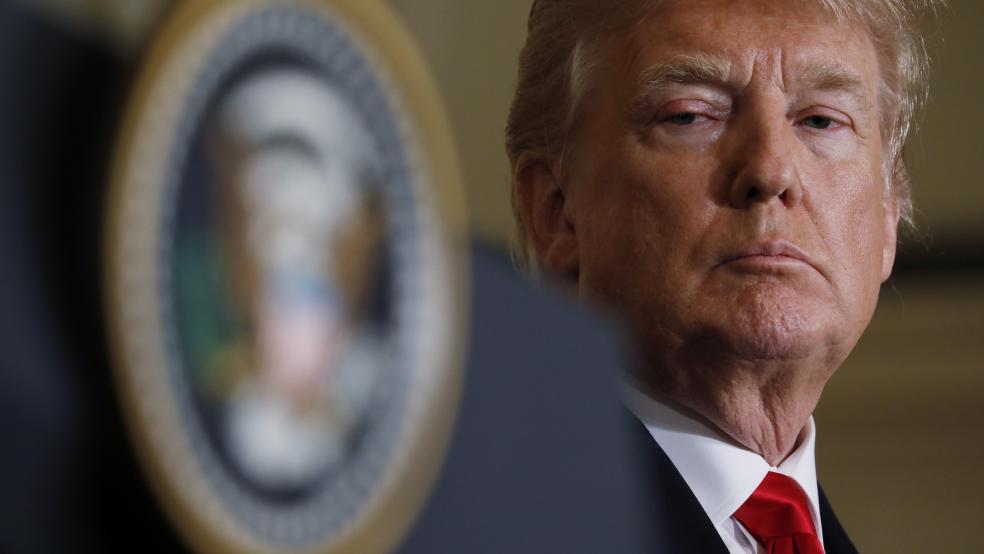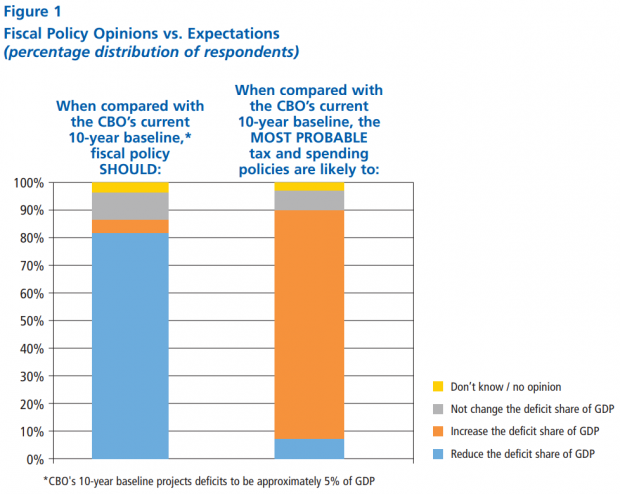Business economists are less than bullish on the effects of President Trump’s economic policies. A semiannual survey by the National Association for Business Economics found that:
Tariffs are hurting: 91 percent of business economist surveyed say that the Trump administration’s current tariffs and threats of additional tariffs are having “unfavorable” consequences for the U.S. economy.
Deregulation is helping, but maybe just in the short term: Nearly half (45 percent) say that the deregulatory steps the administration has taken so far have helped the economy, but 35 percent say the positive short-term effects will lead to negative long-term consequences.
An infrastructure package won’t happen next year: Nine out of 10 economists say that “the probability of a meaningful infrastructure package being enacted in 2019” is less than 50 percent.
The new corporate tax law is an improvement: About two-thirds say the GOP’s tax overhaul made the corporate tax system better “in terms of equity and efficiency.”
But the individual tax changes made things worse: Only 31 percent say the personal tax system will be better under the new law, while 54 percent say it will be worse, including 20 percent who say it will be “far worse.”
The tax cuts will boost growth this year: Nearly 40 percent say the tax cuts will increase GDP growth by a quarter to half percentage point. Another 37 percent see the tax law adding more than half a percentage point to GDP.
But the longer-term impact is much smaller: 54 percent say the tax cuts will help grow the economy over the next 10 years, though more than half of the economists who forecast a positive impact see it being fairly small – just 1 percentage point or less after 10 years. More than a third of economists say the tax cuts won’t add to growth or will slow it longer-term.
Tax and spending policies are juicing the economy too much: 71 percent say fiscal policy is too stimulative, up from 52 percent in February.
The deficit is too high: 81 percent say that fiscal policy should aim to reduce the deficit as a share of GDP compared to the Congressional Budget Office’s projections for the next 10 years — but only 7 percent believe that the most probable tax and spending policies will accomplish that reduction. More than 80 percent say that tax and spending policies will probably increase the deficit as a share of the economy even beyond what CBO projects.
The survey collected responses from 251 NABE members from July 19 to August 2.






